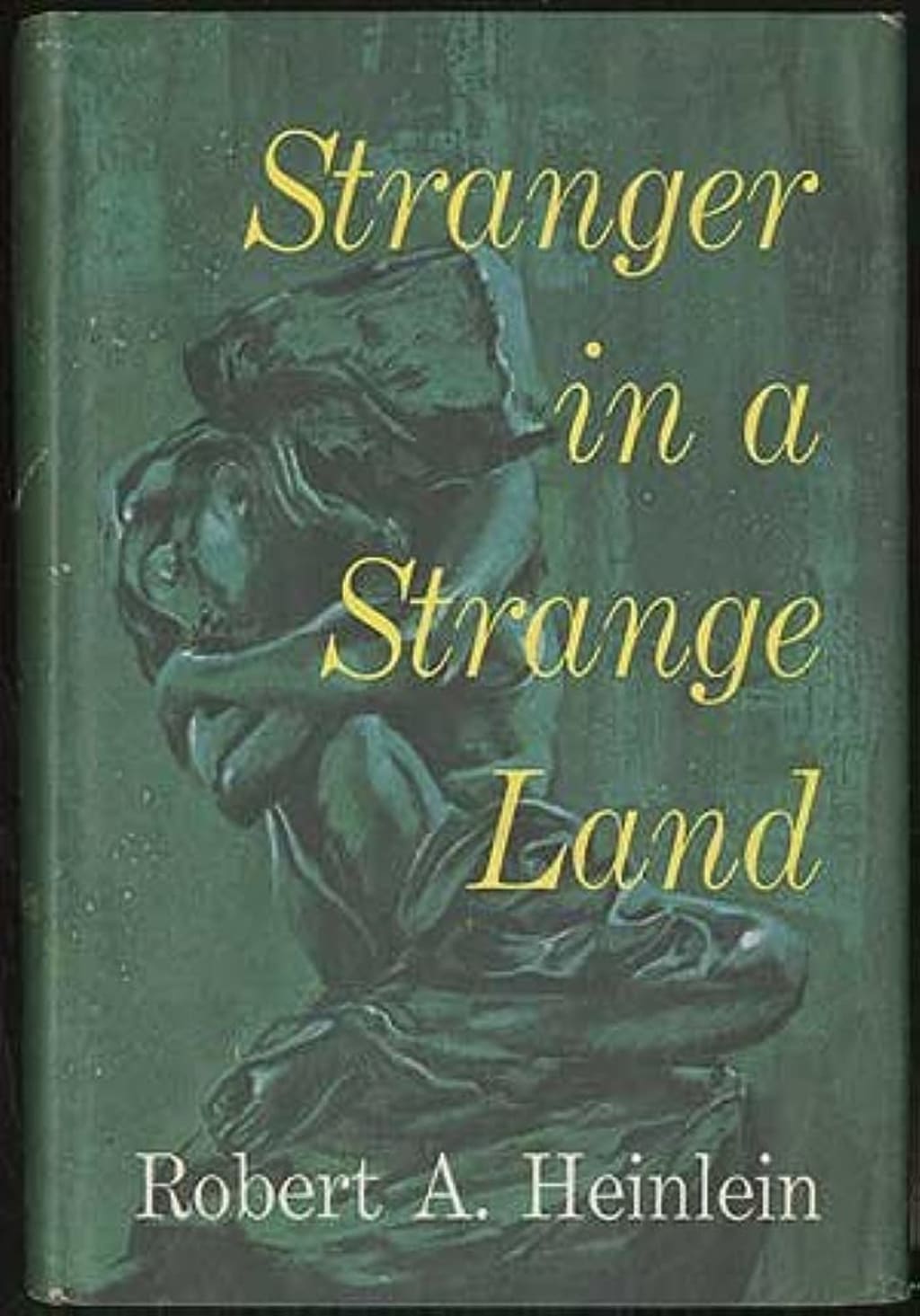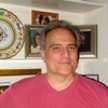
Robert Heinlein’s novel was published in 1961 and went on to win the Hugo Award for Best Novel in 1962, before becoming the first sci-fi book to ever enter the New York Times Bestsellers List.
In a post-WWIII world, the story revolves around a young man, raised by Martians who returns to Earth and tries to adapt to a culture that is completely alien to him.
It was the book’s title that resonated most with me. The idea of being a stranger in a place that was supposed to be one’s home, made me feel that for the first time in my life, someone was getting what I was going through.
For those first two decades, no matter which way I turned, what idea I had in my mind, or what story I decided to tell a friend, the questioning looks, laughter, and their general dismay in never seeming to understand me, made me feel like a stranger in a strange land.
For all intents and purposes, raised by Martians and living in a world I seemed ill-suited to.
For years I felt like I was speaking a different language. I did fine with the usual hellos and goodbyes. The dinners at grandma’s or walking to school with a friend. Even math and science were common languages I spoke and got along well with people who liked them.
But there are two worlds out there, the same two that every one of us share. But they are vastly different.
The superficial world that we see on television, hear in bars and talk about on street corners and playgrounds. It’s the safer of the two worlds. One that never goes too deep, and one we usually don’t worry too much about.
Then there’s the deep-seated world of how we really feel. The hurt we experience, the joy in meeting someone that gets us. The pain of losing someone we love or the agony of betrayal.
I was born with one foot firmly in this world and the other one being inexorably dragged toward it.
I enjoyed the mundane, the casual banter about sports and movies, but the nightly escapades of Tony and Gina and their ongoing arguments on the corner drove me spare.
Being different in the 1960s was the whole point. We already had a generation, our parents, who practiced sameness to a large and sometimes frightening degree. They agreed on the role of parents and children.
They agreed on who was the boss, who led the household, who was the breadwinner, and whose opinion mattered most.
They were nothing if not staunch supporters of this “religion” and that was the primary cause for our generation’s rebellion against them. Not that we didn’t like them, that wasn’t it at all, we just didn’t want to be them.
That’s not the way the Universe is designed.
So, into this generational conflict I went through my teenage years struggling not to be different, but to be the same as everyone else, just to get along and this experiment failed miserably.
The book spoke of a young man, Valentine Michael Smith, who was born on a spacecraft heading toward Mars but ended up being the sole survivor, raised by Martians.
A second mission to Mars found him and returned him to Earth, where he belonged. But that condition was purely biological. His DNA matched others on Earth but his mind, his soul, if you will, were firmly rooted in Martian lore, science, and their way of viewing the rest of the galaxy.
Their “worldview” was much greater than anyone on earth and that is what Valentine fought against when he returned.
Saying someone is different doesn’t mean better.
Saying someone doesn’t speak your language doesn’t mean they’re less intelligent.
I was never handed the brochure that explained what was expected of a normal person. How one was supposed to act and think and deal with emotions.
We all had to deal with these things and to varying degrees we all screwed up - it was inevitable.
Stranger in a Strange Land was in essence a blueprint for building a better life for myself. There were no chapters where I screamed - Oh my God and ran down the street with hair on fire.
It was more subtle than that. I could see what Valentine Smith went through as he adapted to being back on Earth. I could see where he failed and why.
What changes made sense to incorporate and which ones were best rejected.
Chapter by chapter I began to feel better about myself. About being in my own skin. There was no magic in this book, I wish there had been. Then maybe the makeover would have happened a little faster.
What there was, was perspective and distance. I slowly pulled back from my efforts to “co-exist” and knew that this wasn’t working.
I never had the thought to leave society and move off the grid. In truth, I ended up doing the reverse. I emersed myself in other philosophies and helped others and myself grow.
If I read the book again today, would I have the same realization?
I doubt it.
Don’t see how I could as everything was lined up back then for the title and content of that book to reach critical mass for me.
Today, the ideas and notions embedded in those pages would be read by someone who moved past that spot long ago.
I have read many thousands of books in my lifetime, many of which I really enjoyed. But there are only a handful that transcended a “good read” and became a game changer. That lifted me up out of something that I was stuck in, knowingly or unknowingly.
Stranger in a Strange Land was one of them.
About the Creator
Joe Luca
Writing is meant to be shared, so if you have a moment come visit, open a page and begin. Let me know what you like, what makes you laugh, what made you cry - just a little. And when you're done, tell a friend. Thanks and have a great day.






Comments (1)
Fabulous book review!!! Loving it!!!❤️❤️💕